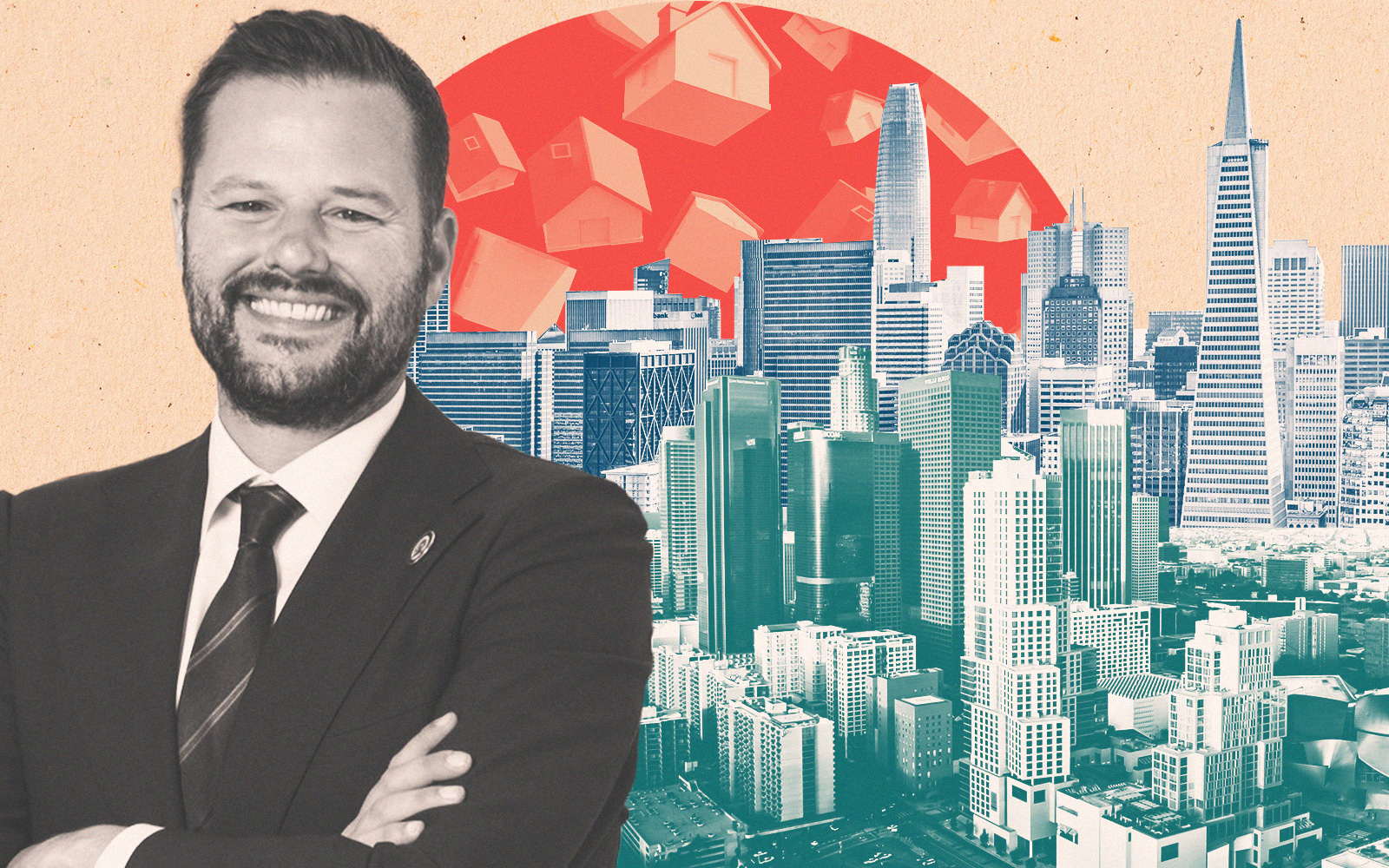Is having a roof over your head a basic human right?
Assemblyman Matt Haney, D-San Francisco, thinks so, and has proposed an amendment to the state constitution to do just that, the San Jose Mercury News reported.
The amendment doesn’t define a right to housing, and backers that include anti-poverty advocates have offered few specifics about what it would mean in practice.
But they say it could make it easier for state officials to sue local governments that resist adding significantly more affordable homes. To pass, it would need a two-thirds majority in the Legislature, then voter approval.
Critics of the amendment, unidentified by the Mercury News, worry it would open up local governments to many more lawsuits they say would only make building housing more difficult.
Haney, alongside leaders from advocacy groups such as the ACLU of California and Alliance of Californians for Community Empowerment, trumpeted the amendment as a long-awaited solution to the state’s affordable housing shortage.
“This is a crisis, and the status quo approach that doesn’t recognize (housing) as a fundamental human right is not going to get us there,” Haney, a newly elected lawmaker who campaigned on bolstering affordable housing, said at a news conference in Sacramento.
Efforts in recent years to codify a right to housing in the state constitution have failed. But if successful, advocates say it would be the first of its kind in the country.
For decades, the state and Bay Area haven’t come close to building enough affordably priced homes for those who need them. That’s in part due to a lack of funding for low-income housing, according to the Mercury News.
But many cities — from Greater San Francisco to suburban Pleasanton — have also long resisted planning for growth.
Some experts say underproduction is at the root of California’s soaring housing costs, which have strained residents’ pocketbooks and heightened a state homelessness crisis.
More than half of all California renters spend more than 30 percent of their income on housing, classifying them as “rent-burdened” by federal standards. And many pay much more than that.
The state’s homeless population, meanwhile, has grown to more than 170,000 people amid the economic fallout of the pandemic, rising by at least 20 percent in Contra Costa, Alameda and San Mateo counties.
If approved, the amendment wouldn’t require state or local governments to build more housing themselves. But it could provide new legal avenues to hold officials accountable for their existing housing goals and responsibilities, according to the newspaper.
Over the next eight years, Bay Area cities and counties must plan for 441,00 new homes, including more than 180,000 low-income units, double the region’s previous state-mandated goal.
This month, Haney launched another bill to streamline the conversion of offices into homes, while adding funds to jumpstart redevelopment. His slogan in his decisive win in a run-off election last spring to represent San Francisco’s eastern half in the state Assembly: “Progressives should be for more housing. Period.”
— Dana Bartholomew
Read more



